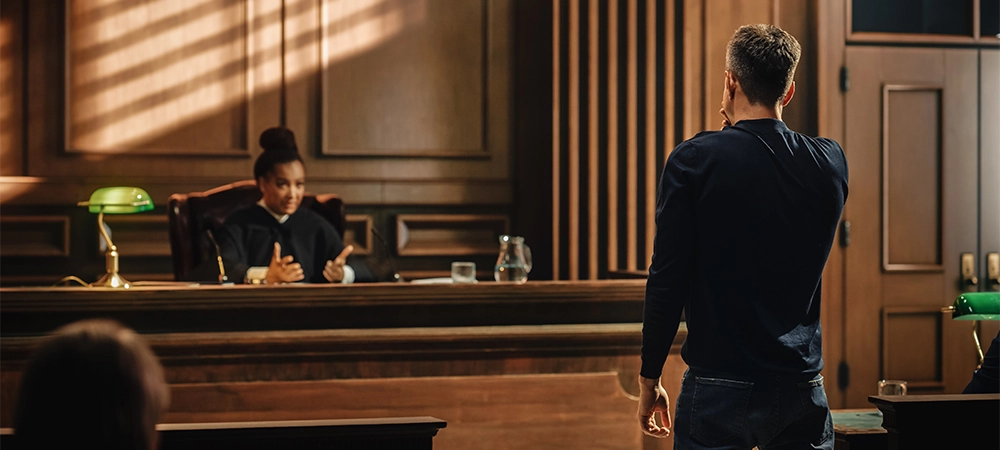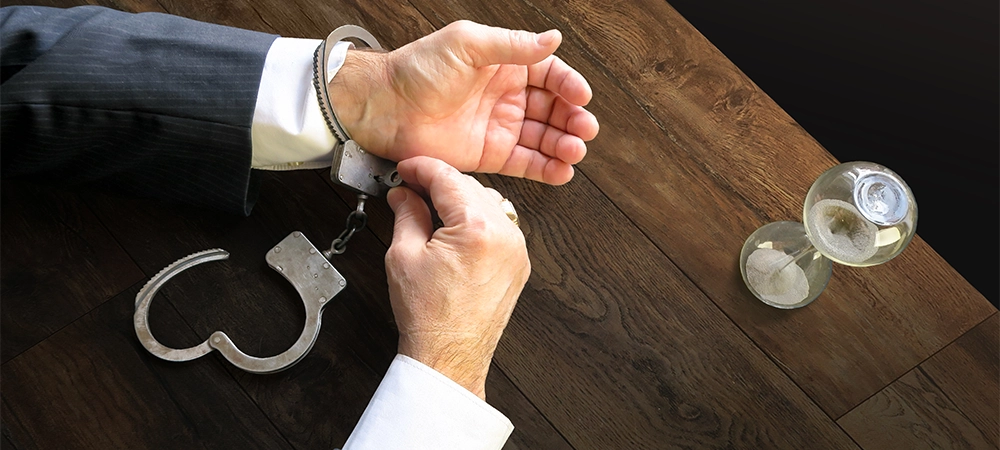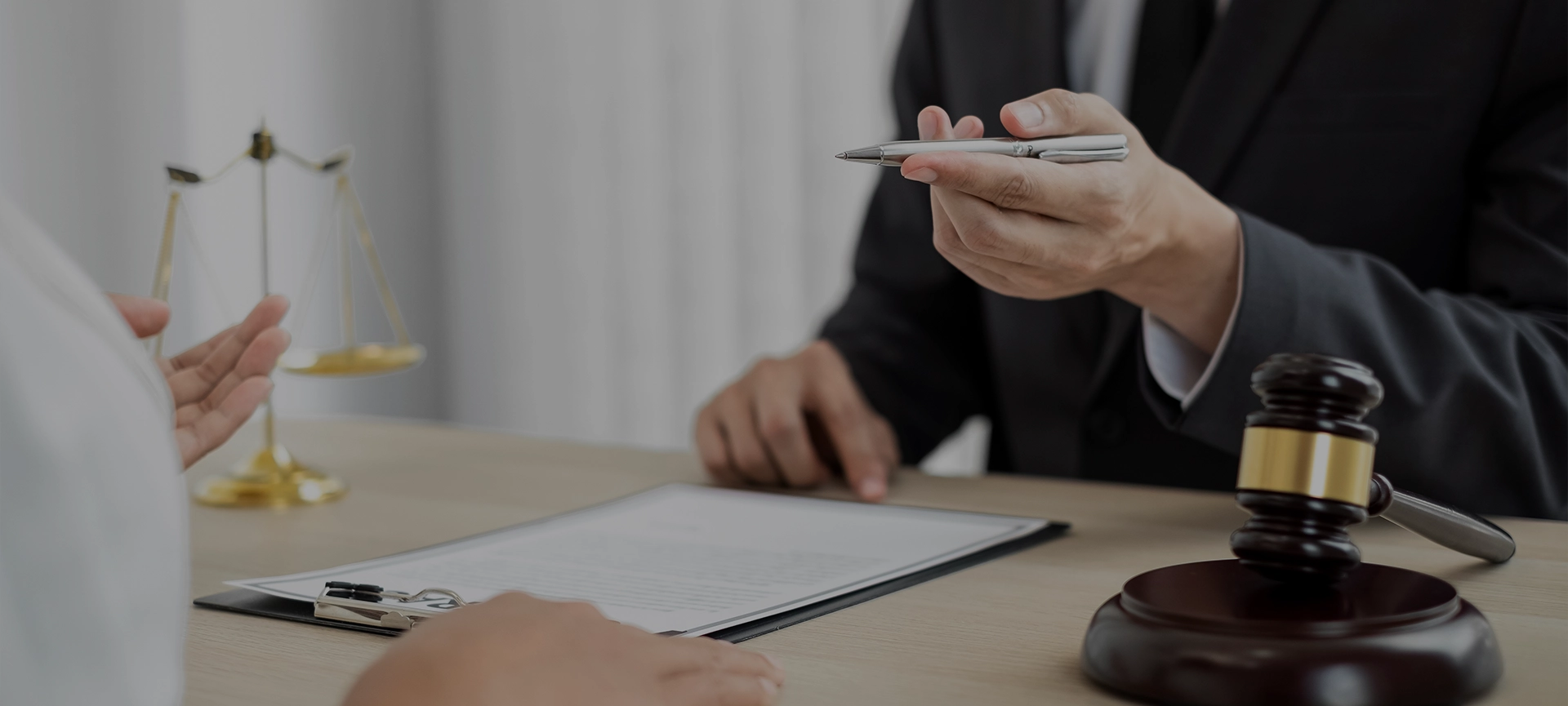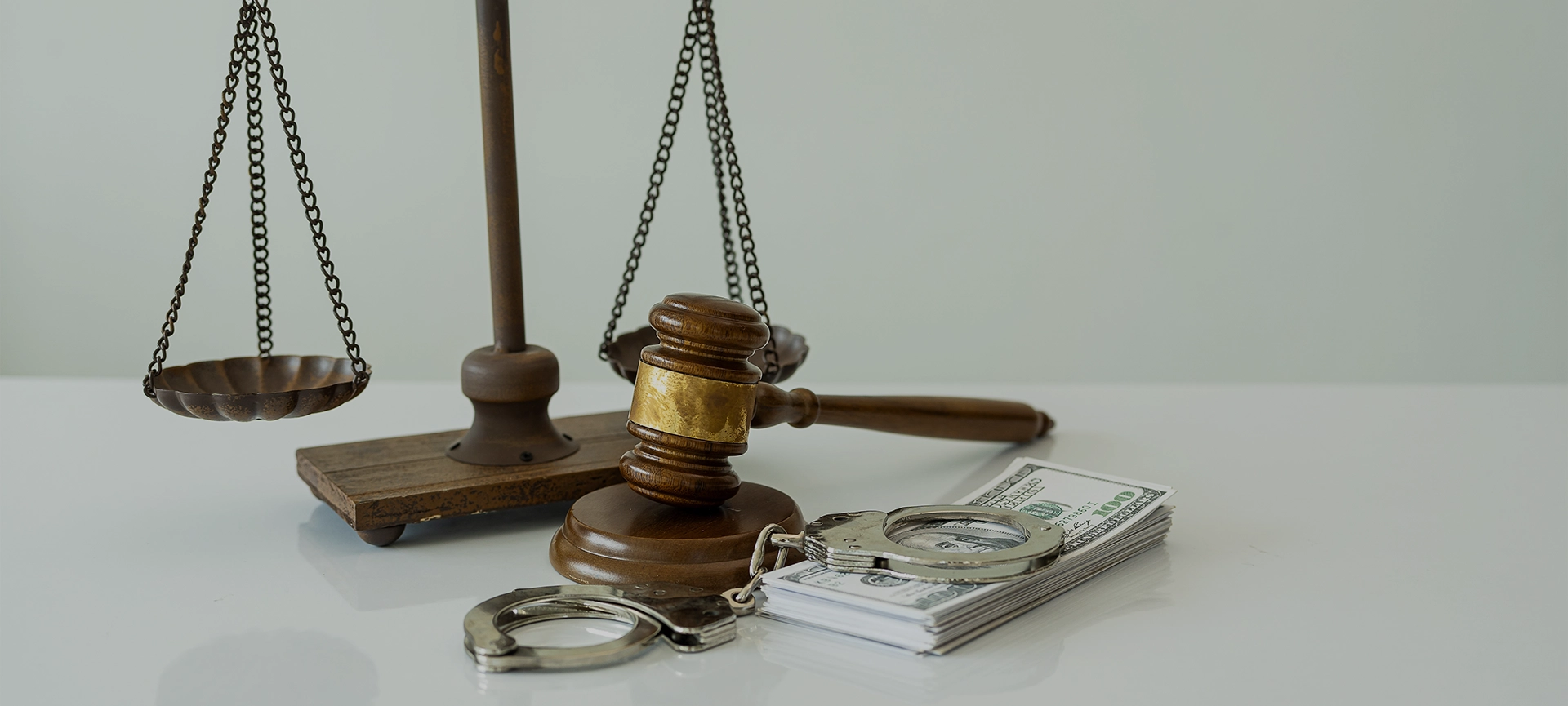Googling is a great way to find information, and AI chatbots are also used now for guidance for a whole range of matters. However, when it comes to advice that needs to be nuanced and based on specific circumstances, they can seriously fall short.
Googling some things can not only harm your case but also make your lawyer’s job harder. Curiosity is understandable, but there are many questions that are better answered by a qualified professional. Here are 5 things your criminal lawyer wants you to stop googling.
1. “How to Represent Myself in Court”
You could be an engineer, baker, electrician, tattoo artist, or one of many other skilled professions. There are many occupations out there which require many years of learning and experience to get to the highest level. By attempting to represent yourself in court, you’re essentially trying to become a lawyer in a matter of hours.
Self-representation rarely ends well. Lawyers don’t say this because they want your money; it’s just a simple truth. Google may give you some inspiration that you can navigate it alone, but mistakes are easy to make.
Along with not effectively challenging evidence in court, missed deadlines, procedural errors, and misunderstanding legal terminology can lead to costly errors. If you’re googling this question as money is an issue, then you may be entitled to legal aid.
Criminal law is not only complex, but each case will have its own challenges. An experienced criminal lawyer can guide you through these complexities and give your case the best possible chance of success. Even lawyers know better than to represent themselves. Having someone on your side with a clear head and a sharp mind is invaluable.
Related Article: https://www.agpllp.ca/what-is-the-cost-of-a-criminal-lawyer-in-ottawa/
2. “Should I Just Plead Guilty?”
There are times when pleading guilty is 100% the right move. Yet as we’ll say for every point here, every case is different. Even minor charges can have long-term consequences, and your plea is an important decision that shouldn’t be taken alone.
Aside from genuine guilt, there are other reasons people decide to plead guilty, even if they are innocent. This could be to avoid a trial, accept a reduced sentence, move on as quickly as possible, or if they have faced intimidation. However, a guilty plea should never be taken lightly, as you need to consider all the ramifications.
After careful consideration, your lawyer may advise you to plead guilty. But there may be defences you weren’t aware of, holes in the prosecution’s case you’ve missed, or consequences you’ve not considered.
There is also the possibility that your lawyer can negotiate a plea bargain, where you plead guilty in exchange for reduced charges or other concessions. Never make a plea without talking to a lawyer, as Google will never know the true complexities of your case.

3. “What is the Sentence for [Enter Crime]?”
Googling this makes a lot of sense. It’s only natural for someone to want to know how long they’ll be facing behind bars. But yet again, we have to say that each case is different. There are several crimes that have a huge range of potential sentences.
An example here would be robbery with a firearm. The maximum sentence is life imprisonment. When someone sees that, their immediate fear is a life behind bars. The reality is that without significant aggravating factors, the actual sentence may be 5 to 7 years. Another example is fraud, where the maximum sentence is 14 years, however, some may receive no jail time at all.
The answers to this question from Google will be vague, misleading, and possibly outdated. Sentences can and do vary wildly based on the details of the case and other factors, such as your prior record and aggravating/mitigating factors. There is also the simple fact that some judges are stricter than others.
It’s better to ask your lawyer for an honest and informed opinion. Even then, your lawyer will advise you about the difficulties in giving an accurate prediction. Googling this question can cause unnecessary panic or give you false hope.
4. “What Should I Say to the Police?”
The reason you shouldn’t be googling this question is that there is a clear and obvious answer. Never speak to the police without a lawyer present. Silence won’t be seen as a sign of guilt and is one of your most important rights.
It’s someone you would have heard in many movies and TV shows, but it’s true in Canada: anything you do say can be used against you in court. Even a minor comment can come back to hurt you, as it may complicate your defence.
Police may seem friendly and could genuinely be so. However, a part of their job is to gather evidence, including anything you say to them. Instead of googling “what should I say to the police,” you should instead be searching for experienced legal representation.
Related Article: https://www.agpllp.ca/what-to-do-if-you-are-arrested-in-ottawa/
5. “What’s the Quickest Way to Get Charges Dropped?”
If you’ve been charged with a crime, it can cause plenty of emotional panic. You want these charges to go away, but googling will leave you vulnerable to misinformation, scams or unrealistic expectations.
Charges can sometimes be dropped, but this will often come from the skill of your lawyer in finding holes in the case, such as insufficient evidence, charter violations, or other case issues. Trying to get charges dropped can backfire, and legal experience in such matters is vital.
There are also crimes where the charges can’t be dropped by the complainant, such as sexual crimes or serious violent crimes. As with all of these Google questions, it’s also important to note that just because one thing happened to someone in a similar situation, it doesn’t mean the same outcome will apply to your case.

Bonus Advice: Don’t Google Anything Incriminating
This is an obvious point, so we’ll make it brief. Never Google anything that can be incriminating to your case. Some examples may include “How to hide evidence,” “Can the police trace my phone,” or even “How long do fingerprints last,”.
Forensic analysis will dig up these searches. Search histories can be used in court to provide evidence of intent, planning, or guilt. These queries that you may have made in a panic can be unearthed, even if you’ve made attempts to delete your search history.
Final Thoughts
The simple fact is this: if you have a question related to your case, ask your lawyer. It’s understandable that you want answers, reassurances, or a sense of control. The danger with googling is that the information will often be wrong or misleading.
Google can be useful for general legal information, but there are some things your criminal lawyer wants you to stop googling. Are you in need of experienced and bespoke legal advice? If so, contact AGP LLP today, and we’ll be happy to answer your questions and offer a free consultation.





